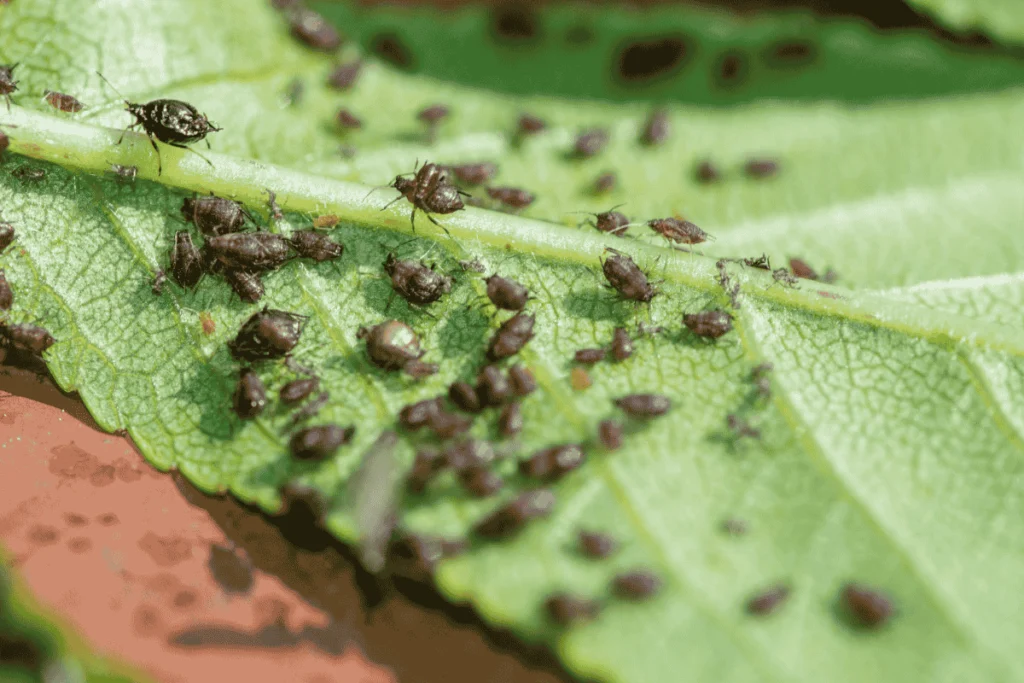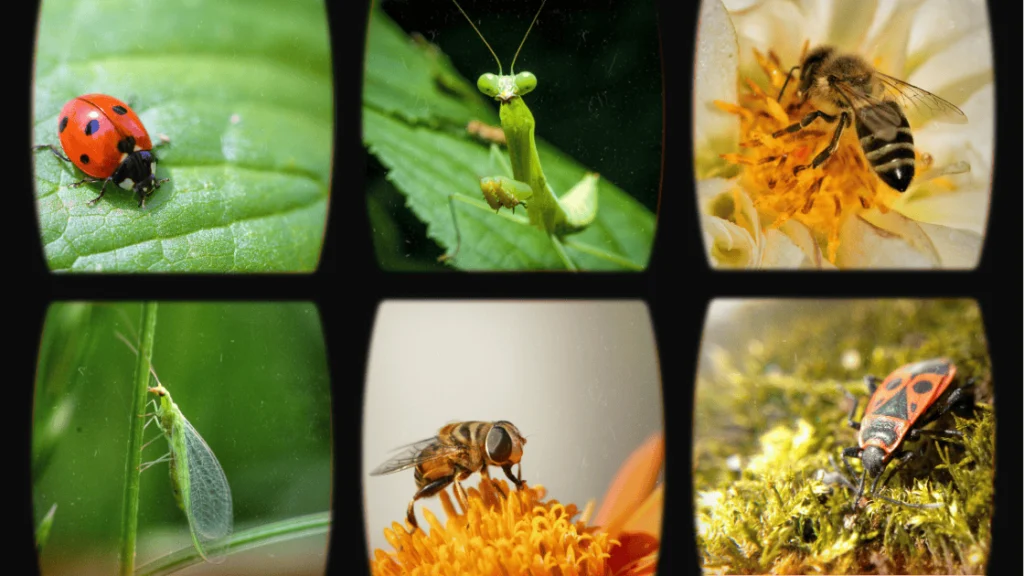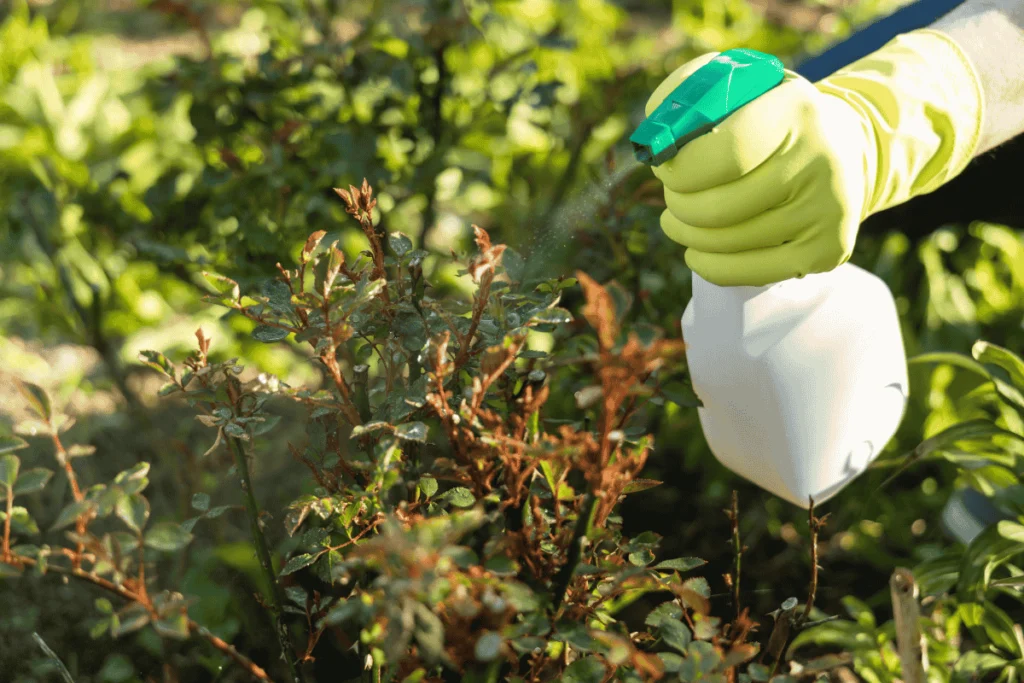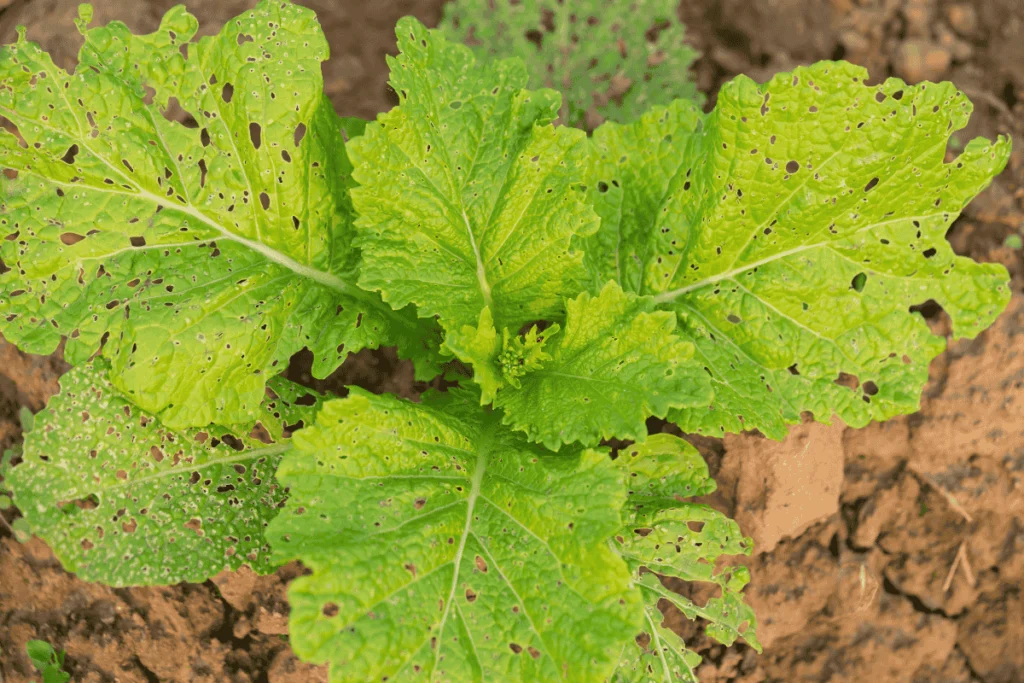🛡️ Safeguard Your Vertical Garden with Natural Methods 🌱
Adopting eco-friendly strategies is essential for a healthy, thriving vertical garden. 🌼 Natural pest control helps maintain your garden without harmful chemicals.
✅ Prevent pests in vertical gardens naturally with simple, effective methods. 🌱
In this guide, we will cover practical ways to keep pests away and ensure your vertical garden thrives. 🌿✨
🌎 Why Choose Natural Pest Control? 🪴
Choosing to prevent pests in vertical gardens naturally offers several benefits:
- 🌱 Eco-Friendly: Reduces harm to beneficial insects and the surrounding environment.
- 🥗 Safe for Edibles: Perfect for herbs, vegetables, and fruits grown for consumption.
- 💸 Cost-Effective: Uses readily available materials and homemade solutions.
- 🌿 Sustainable: Promotes long-term garden health without chemical dependency.
🐞 Common Pests in Vertical Gardens 🍃

When working to prevent pests in vertical gardens naturally, it’s crucial to identify the most common culprits:
- 🐜 Aphids: Tiny pests that feed on plant sap, leading to stunted growth.
- 🕷️ Spider Mites: Small pests that create webs and cause yellowing leaves.
- 🦟 Whiteflies: Winged insects that weaken plants by draining sap.
- 🐛 Caterpillars: Chew holes in leaves and fruits, affecting plant health and appearance.
- 🐌 Snails and Slugs: Thrive in moist environments, consuming foliage.
🌿 Top Natural Pest Prevention Strategies 🌼
🎥 Want a visual guide on preventing pest problems? In this comprehensive guide from The Gardening Channel With James Prigioni, you’ll learn practical, eco-friendly methods to keep pests at bay. 🐞🌱
1️⃣ 🌱 Start with Healthy Plants
✅ Healthy plants resist pests better. Choose pest-resistant varieties and inspect seedlings for infestation signs before planting. 🪴
2️⃣ 🧹 Maintain Cleanliness
🚫 A messy garden attracts pests. Remove dry leaves 🍂 and debris, and clean pots and frames regularly to prevent egg and larvae buildup.
3️⃣ 🐞 Encourage Beneficial Insects

Attracting natural predators 🐝 helps keep pest populations under control and promotes a balanced ecosystem in your vertical garden. 🌱 Introducing beneficial insects not only reduces the need for chemical pesticides but also enhances overall plant health.
- 🐞 Ladybugs: Effective at controlling aphids and whiteflies, these tiny predators are a gardener’s best friend.
- 🦋 Lacewings & Hoverflies: Attract these helpful insects by planting marigolds 🌼, daisies 🌻, and fennel 🌿. They feed on common pests like mites and aphids.
💡 Learn more: Discover how beneficial insects can support your garden by checking out this guide: Beneficial Insects in the Garden – The Old Farmer’s Almanac 🐝🌸
4️⃣ 🌿 Companion Planting
Certain plant pairings prevent pests in vertical gardens naturally:
- 🌿 Basil: Repels whiteflies and mosquitoes.
- 🌼 Marigolds: Deter aphids, nematodes, and caterpillars.
- 🧄 Garlic & Onions: Ward off slugs and common pests.
5️⃣ 🪢 Create Physical Barriers
✅ Protect plants with barriers:
- 🕸️ Use fine mesh nets to block flying insects.
- 🐌 Apply copper tape around pots to deter snails and slugs.
6️⃣ 🔄 Rotate Crops
Switching plant locations helps prevent pests in vertical gardens naturally by disrupting pest life cycles. Rotate crops like tomatoes 🍅 and leafy greens 🥬 seasonally.
7️⃣ 🧪 Use Homemade Organic Sprays

DIY sprays are an excellent way to prevent pests in vertical gardens naturally:
- 🌿 Neem Oil Spray: Mix 1 tsp of neem oil, a few drops of soap, and water. Repels aphids, mites, and whiteflies. 🪴💦
- 🧄 Garlic Spray: Blend garlic cloves with water, strain, and spray to deter pests.
- 🌶️ Chili Pepper Spray: Combine chili powder, water, and soap for a natural repellent. 🌶️💧
8️⃣ 💧 Optimize Watering Practices
🚫 Overwatering creates a moist environment that attracts pests like slugs 🐌. ✅ Water only when necessary and ensure proper drainage. Avoid wetting leaves to prevent fungal growth. 🌱💦
9️⃣ ✂️ Prune Regularly
Pruning removes pest hiding spots. Inspect plants weekly 🔍 and dispose of infested foliage far from the garden. 🪓🍃
🔟 🍂 Use Mulch Strategically
Organic mulch like straw or wood chips keeps soil moist and deters pests such as snails 🐌.
🛑 Signs of a Pest Problem 🔎

Detect issues early to prevent pests in vertical gardens naturally:
- 🍃 Discolored or Yellow Leaves: Often caused by sap-sucking pests like aphids.
- 🕳️ Holes in Leaves: Indicate caterpillar or beetle damage.
- 💧 Sticky Residue: Sign of honeydew left by aphids or whiteflies.
- 🕸️ Webbing on Leaves: Typically from spider mite infestations.
🚫 Natural Pest Control: What to Avoid ⚠️
To prevent pests in vertical gardens naturally effectively, avoid these mistakes:
- ❌ Harsh Chemicals: Harm beneficial insects and contaminate edible plants.
- ✂️ Excessive Pruning: Weakens plants, increasing vulnerability.
- 🕵️♂️ Neglecting Inspections: Small infestations can escalate quickly.
🌱 Why Natural Pest Control is Worth It 🐝
✅ Natural methods protect your plants 🌿 and the environment.
✅ Foster a balanced ecosystem with beneficial insects 🦋.
✅ Enjoy a thriving, pest-free vertical garden 🪴 without harmful chemicals.
💡 Additional Tip: Starting a new garden? Check out our guide: How to Use Homemade Compost in Vertical Gardens 🌎🍂
❓ FAQ 🤔
🐜 How can I prevent pests from attacking my vertical garden naturally?
✅ Encourage beneficial insects 🐞, practice companion planting 🌿, keep your garden tidy 🧹, and use homemade sprays like neem oil or garlic spray. 🪴
🐞 What are some natural predators for pests in vertical gardens?
Ladybugs 🐞, lacewings 🦋, and hoverflies 🐝 feed on aphids, whiteflies, and mites. Plant marigolds 🌼 and fennel 🌿 to attract them.
🔎 How often should I inspect my vertical garden for pests?
Inspect weekly to catch issues early. Look for yellowing leaves 🍃, holes 🕳️, or sticky residue 💧.
🌿 Is neem oil safe for use on plants meant for consumption?
Yes, neem oil is safe for edible plants 🥗 when used as directed. It’s organic and eco-friendly. 🌱
💦 Can overwatering attract pests?
Absolutely! Overwatering 💧 creates damp conditions that attract pests like snails 🐌. Always ensure proper drainage and water only when needed.
🌿 By following these eco-friendly strategies, you can maintain a healthy, thriving vertical garden that’s safe for you and the environment. 🪴✨

